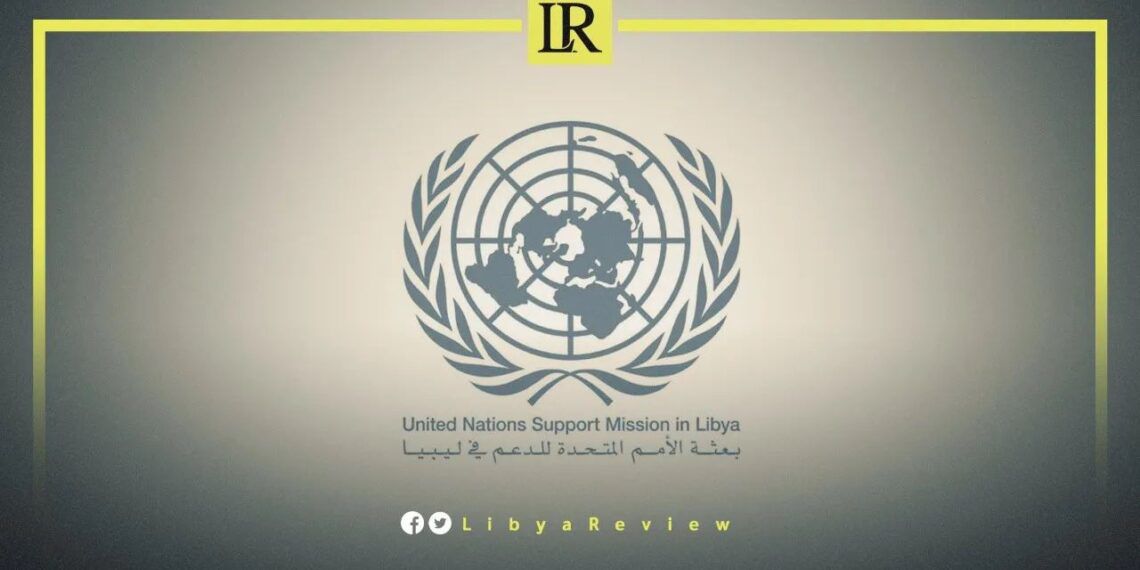On Sunday, a United Nations webinar underscored the urgent need for greater female involvement in economic decision-making in Libya, highlighting it as a key to ensuring equitable access to opportunities and fostering overall economic growth and empowerment.
Organized by the United Nations Support Mission in Libya (UNSMIL) to mark International Women’s Day, the event featured insights from twenty prominent women from the civil society sector.
Libyan Economic expert Hala Bugaighis of the Jusoor Foundation, together with representatives from UNSMIL and the United Nations Development Programme (UNDP), provided a compelling analysis during the webinar.
Bugaighis addressed the severe lack of female representation in critical economic positions, noting, “There are no women in the Ministry of Economy’s senior management, and the Minister has only one female consultant.” This trend of exclusion extends to the Ministry of Finance, the Central Bank, and the National Anti-Corruption Commission.
Bugaighis emphasized that the exclusion of women from these roles results in decision-making that primarily reflects a patriarchal perspective, thereby ignoring the needs and views of half the population—women. “We need to include the women’s perspective,” she argued, pointing out that current policies fail to meet the actual challenges faced by Libyan women.
Despite Libya’s laws theoretically supporting gender equality and non-discrimination, Bugaighis highlighted a gap in their practical application. She pointed out significant disparities such as women in Libya earning nearly three times less than men and constituting only 12 percent of property owners. Furthermore, while unemployment is high across all demographics, women face even greater challenges in securing employment despite actively seeking work at higher rates than their male counterparts.
Sonja Sigmund, a Political Affairs Officer at UNSMIL, discussed the broader impact of systemic discrimination and limited resource access for women. She cited World Bank data showing that Libya’s GDP has plummeted by 54 percent from 2010 to 2024, exacerbated by years of conflict, political instability, the COVID-19 pandemic, and natural disasters.
“Unequal access to Libya’s wealth, a lack of transparency, and accountability in its management, and limited socioeconomic prospects—especially for women and youth—remain potent drivers of political instability and insecurity in Libya,” she stated.
Khadija Elboaishi, an advisor on gender equality for UNDP in Libya, stressed the importance of enhancing female representation in leadership roles to effectively address these challenges. “The presence of women at these levels is crucial as it ensures the integration of women’s perspectives, priorities, and challenges,” she explained.
In line with these objectives, UNDP has initiated programs aimed at increasing women’s participation in the technology sector, providing computer programming education, and funding small women-led businesses. This strategy supports the call by SRSG Abdoulaye Bathily on International Women’s Day, advocating for women to assume significant roles as catalysts for Libya’s transformative change.
Bathily lauded the vital role that Libyan women play in advancing the nation’s political and economic landscape, emphasizing that their active participation in political, economic, and reconciliation processes benefits the entire society.
This UN-led initiative is a clear call to action for integrating gender equality into Libya’s recovery and growth strategies, underlining the critical role of women in steering the nation towards a stable and prosperous future.


